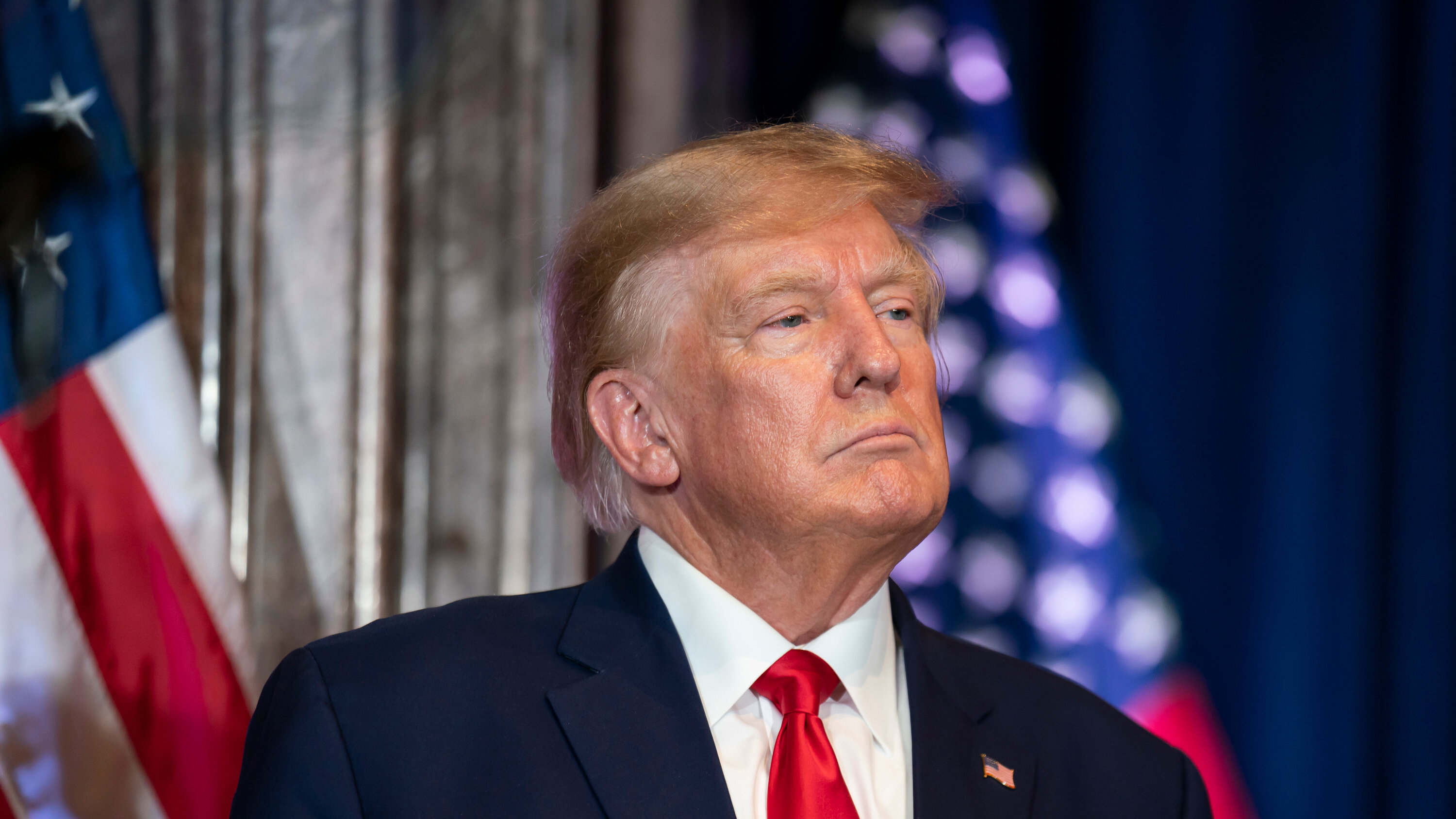The question of "when will Trump die" has become a point of interest for many, often driven by political debates, health discussions, and the natural curiosity about public figures. As one of the most polarizing figures in American politics, Donald Trump has not only shaped the modern political landscape but also captured the fascination of millions around the world. This article delves into his life, health, and the ongoing dialogue surrounding his mortality. In a society that is often fixated on celebrity culture, the lives and deaths of public figures can become subjects of speculation and rumor. The attention surrounding Trump is no exception, prompting questions about his health, longevity, and what his eventual passing might mean for the political landscape.
Moreover, the inquiry into "when will Trump die" offers a glimpse into deeper societal issues, including how we view aging, health, and the impact of fame on one's life. It also raises ethical questions about discussing the mortality of living individuals, especially those in the public eye. In this article, we will explore Trump's biography, his health history, and the various factors that might influence his longevity.
As we navigate through the facts about Trump, it’s essential to approach this topic with sensitivity and an understanding of the broader implications of discussing someone's death. Let’s take a closer look at Trump’s life, his accomplishments, and the ongoing discussions around his health and future.
What is Donald Trump's Biography?
Donald John Trump was born on June 14, 1946, in Queens, New York City. He is the fourth of five children born to Frederick C. and Mary MacLeod Trump. Trump graduated from the Wharton School of the University of Pennsylvania in 1968 and began his career in real estate, ultimately taking over his father's business. He gained fame as a television personality with the reality show "The Apprentice" and later became the 45th President of the United States, serving from January 20, 2017, to January 20, 2021.
| Personal Details | Bio Data |
|---|---|
| Name | Donald John Trump |
| Date of Birth | June 14, 1946 |
| Place of Birth | Queens, New York City, USA |
| Education | Wharton School, University of Pennsylvania |
| Occupation | Businessman, Television Personality, Politician |
| Political Party | Republican |
| Presidency | January 20, 2017 – January 20, 2021 |
How Has Trump’s Health Been Over the Years?
When discussing the question of "when will Trump die," it is essential to consider his health history. Trump has had various health assessments over the years, all the way from his time in the business sector to his presidency. In 2018, his then-physician, Dr. Ronny Jackson, declared that Trump was in "excellent health" despite being overweight and having elevated cholesterol levels.
However, in recent years, concerns regarding his health have arisen. Trump is a 77-year-old male, and age is a significant factor when considering longevity. Additionally, he has faced challenges, such as being hospitalized for COVID-19 in October 2020. The long-term effects of this virus are still being studied, adding another layer of complexity to discussions about his health.
What Lifestyle Choices Affect His Longevity?
Several lifestyle choices can impact an individual's health and longevity. For Trump, these choices include:
- Diet: Known for his preference for fast food and a high-calorie diet.
- Exercise: Limited public information about his exercise routine, though he has claimed to play golf.
- Stress: The high-pressure nature of a political career can contribute to stress-related health issues.
- Sleep: Reports suggest he may not prioritize sleep, which is crucial for overall health.
What Do Experts Say About His Life Expectancy?
Experts often use statistical models to predict life expectancy based on various factors, including age, lifestyle, and genetics. For someone like Trump, who is in his late 70s, the average life expectancy for American males is around 76 years. However, many who lead an active and healthy lifestyle can live well into their 80s or beyond.
Despite this, experts caution against making predictions about an individual's lifespan based solely on averages. Health conditions, family history, and personal choices play vital roles in determining longevity. Thus, the question of "when will Trump die" remains complex and speculative.
How Does Public Perception Influence Discussions About His Mortality?
Public perception plays a significant role in how discussions about Trump's mortality unfold. Given Trump's controversial presidency and polarizing nature, opinions about him are deeply divided. Supporters may express concern for his health out of loyalty, while detractors may make light of discussions around his mortality.
This divide can lead to a range of narratives, from genuine concern to speculative malice. Such dynamics can complicate the conversation surrounding "when will Trump die," transforming it from a simple inquiry into a politically charged topic.
What Would His Death Mean for American Politics?
Speculating about Trump's death also brings forth questions about its potential implications for American politics. Should Trump pass away, reactions would likely vary across the political spectrum:
- Supporters may rally in remembrance of his policies and leadership.
- Opponents may view his passing as an opportunity for change within the Republican Party.
- Political analysts would closely monitor how his death impacts current political dynamics and upcoming elections.
How Should We Approach Discussions About Mortality?
When discussing the mortality of any individual, especially a public figure, it is imperative to approach the topic with sensitivity and respect. Conversations about death can evoke strong emotions and should be handled thoughtfully. Engaging in speculation about someone’s death can often lead to misinformation and unnecessary distress for their loved ones.
In conclusion, the question of "when will Trump die" encompasses a myriad of factors, including health, lifestyle, public perception, and political implications. As we navigate these discussions, it is essential to remember the humanity of the individual at the center of the conversation. Understanding the complexities of life and death can enrich our perspectives and foster a more respectful dialogue.




